Empathy and codependency are not always the same thing, even though most people tend to confuse one with the other. If you look a bit closer, you will be able to see the difference between empath and codependent.
We live in a world with many people. Some are heartfelt and uplifting to be around. Others are more difficult. It’s important to find a comfortable way of relating to people so that you can develop a harmonious interdependence rather than being codependent.
When you’re interdependent you have a healthy reliance on others in your personal life, at work, and in the greater world. You depend on each other for support, respect, and to perform particular tasks such as collaborating on a project, raising children, participating in team sports, or hiking with a group.
In contrast, codependency is an unhealthy form of dependency. This occurs when you are more focused on another person’s life and problems than your own. You are reluctant to assert your needs or set clear boundaries for fear of the consequences.
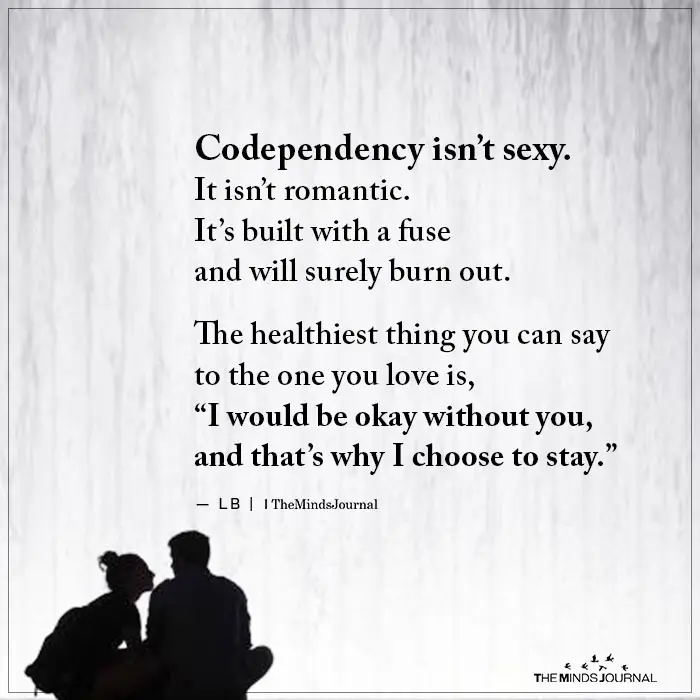
There’s a joke that when a codependent dies, it is your life that passes in front of their eyes. Codependents feel overly responsible for people and pick up the slack in relationships and work. If you’re codependent, it can be hard to pull back and let others travel their own paths.
You may want to overhelp or fix people, believing that if you don’t intervene something terrible will happen—a habit you might have learned from living with an alcoholic or anxious parent.
Related: Empaths and Co-Dependency: What it Means and How to Let Go
Difference Between Empath and Codependent
In “Thriving as an Empath” I emphasize that empaths can have codependent tendencies but not all codependents are empaths. The difference is that empaths absorb the stress, emotions, and physical symptoms of others, something not all codependents do.
As a highly empathic person, practice protection techniques such as shielding and meditation to deal with the energy absorption issue, which isn’t as intense an issue for a pure codependent. However, for both empaths and codependents, setting boundaries and seeing others as separate, not simply an extension of yourself, is also part of healing. You are still present, but you can be a great listener and a loyal friend without taking on someone’s problems.
Spend some time journaling about your relationships. Which are interdependent? Which are codependent? List a few constructive steps you can take to make codependent relationships more balanced.
For example, checking up on someone less often, setting a clear boundary, or letting others make and learn from their own mistakes. Then, one by one, begin to reshape your codependent relationships and appreciate your interdependent ones.
Set your intention. I will thoughtfully examine and heal my codependency issues and seek a healthy interdependence in my relationships. I will stop obsessing about others and focus on my own self-care. I can be a giving person while maintaining healthy boundaries.
(Excerpt from Thriving as an Empath: 365 Days of Self-Care for Sensitive People by Judith Orloff, MD)
Written By Judith Orloff Originally Appeared In Dr. Judith Orloff
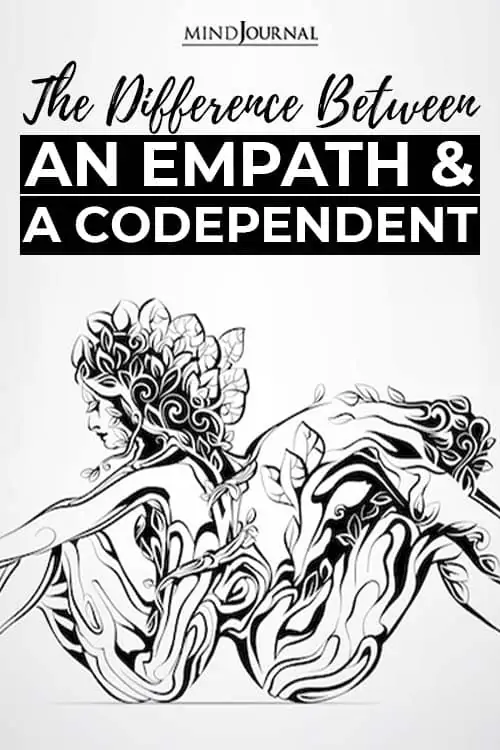
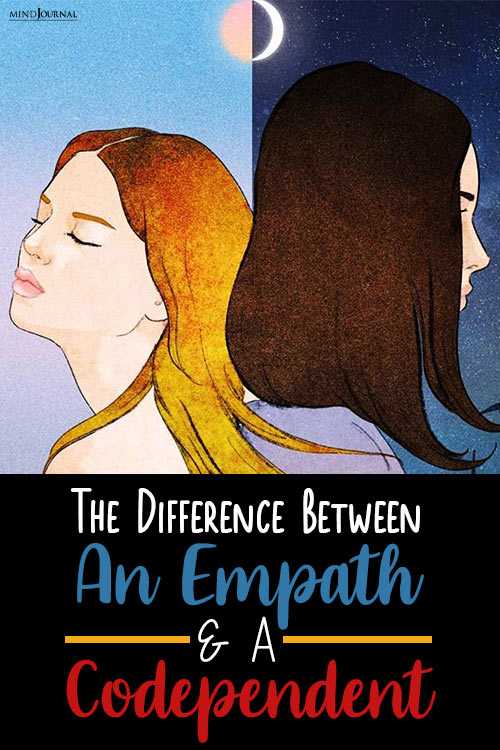
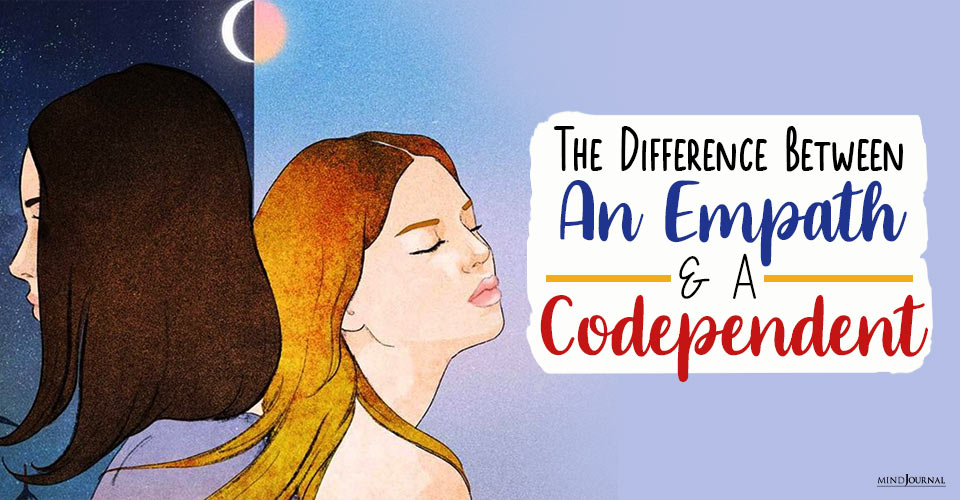
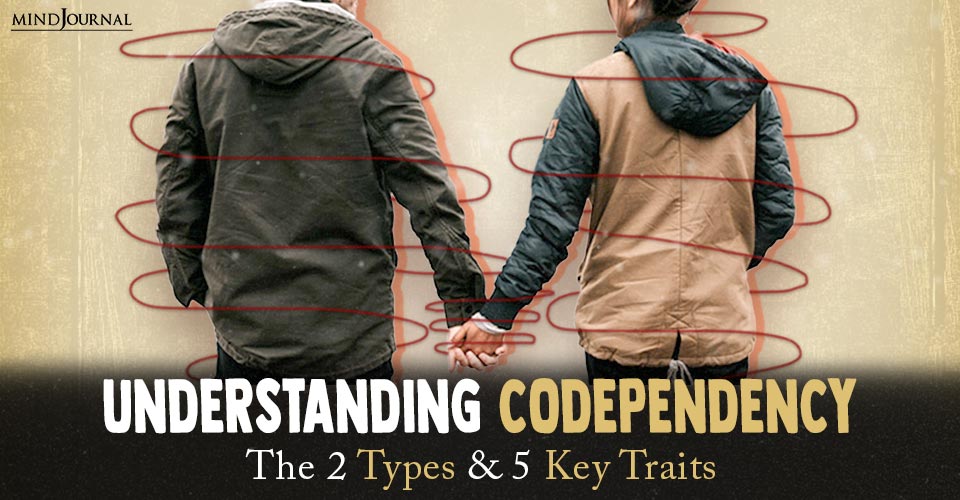
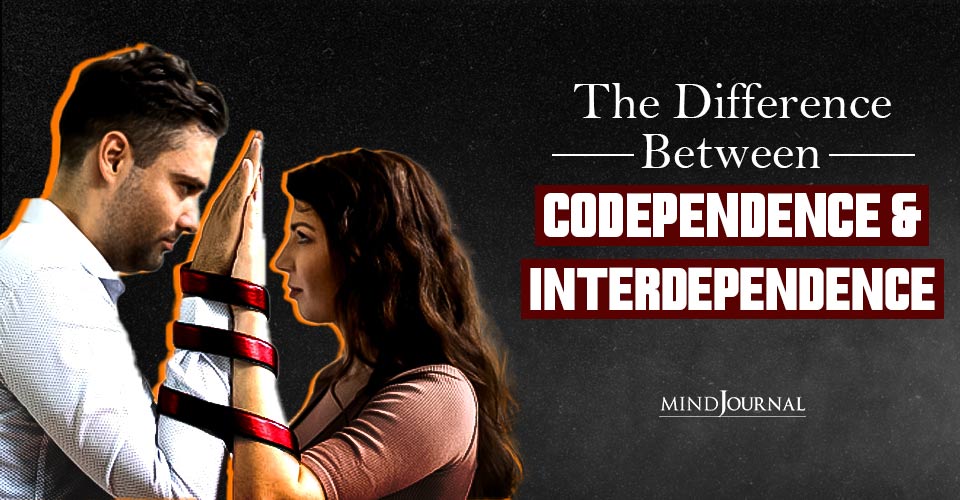
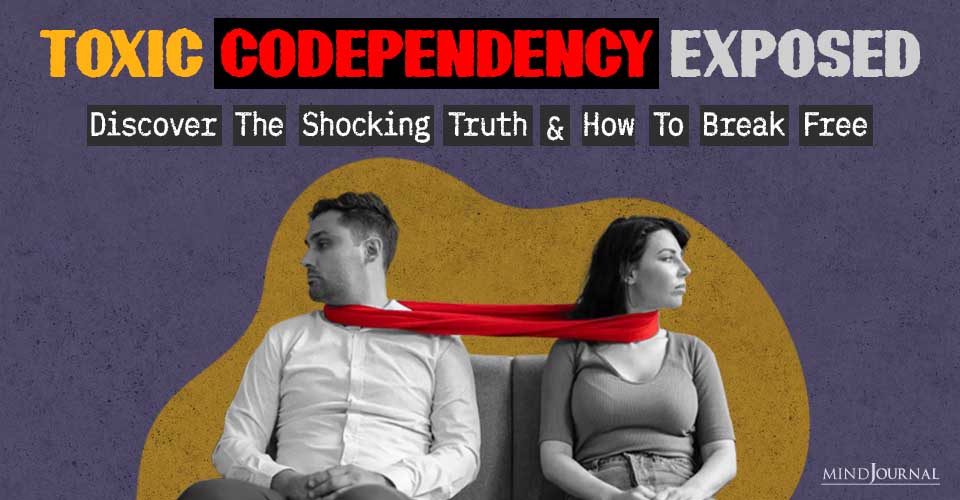
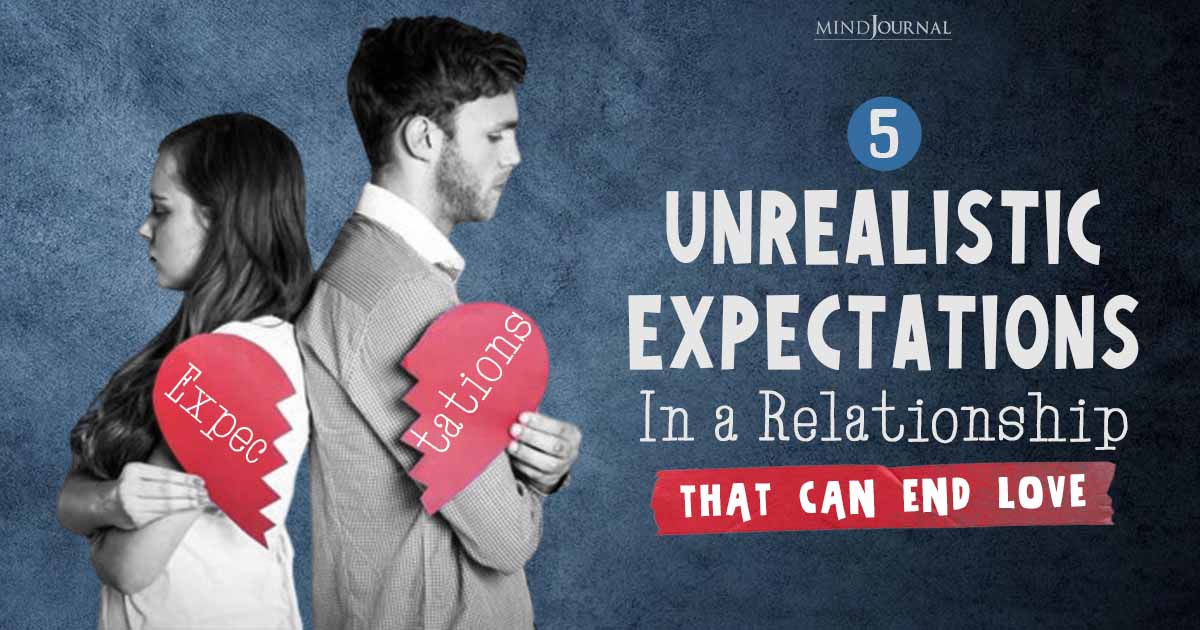
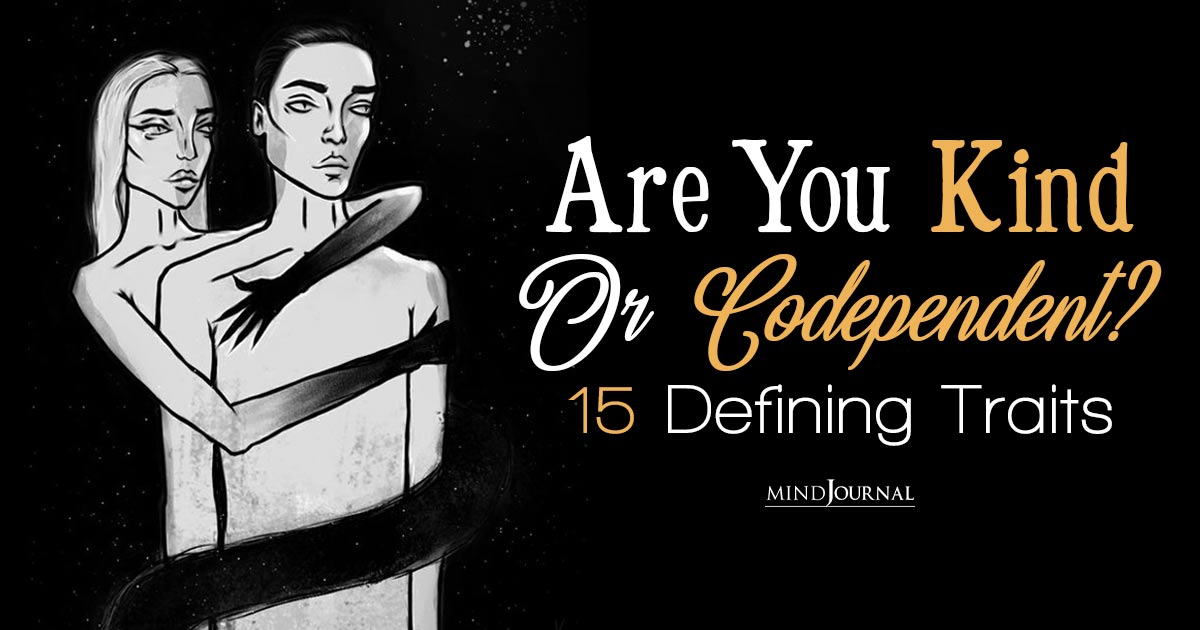
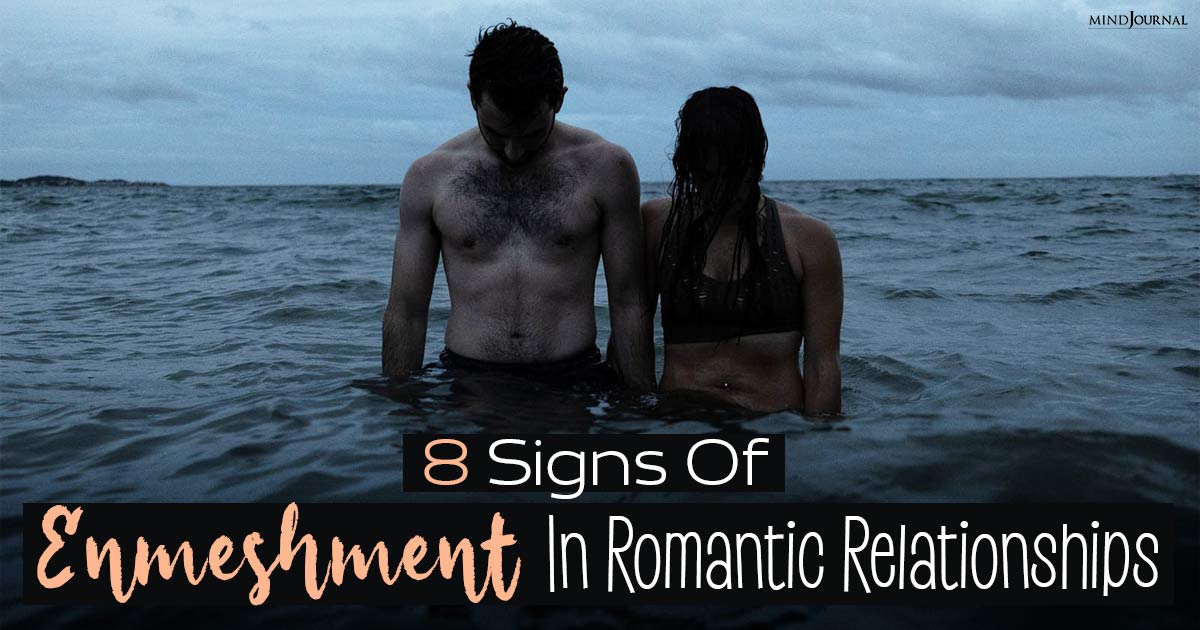
Leave a Reply
You must be logged in to post a comment.